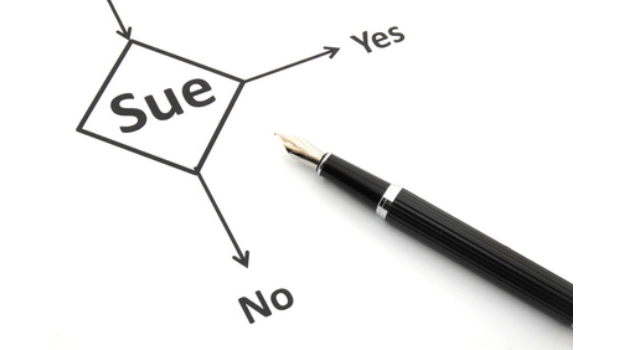 So is the global patent cross-licence deal between Google and Samsung a big deal or not? According to the story on this very site, the agreement covers the companies’ existing patents and future ones over the next 10 years.
So is the global patent cross-licence deal between Google and Samsung a big deal or not? According to the story on this very site, the agreement covers the companies’ existing patents and future ones over the next 10 years.
Google deputy general counsel for patents Allen Lo said that working together on these types of agreements would enable the companies to “reduce the potential for litigation and focus instead on innovation”.
While several news stories on the deal have chosen to try and link it to Samsung’s ongoing patent battles with Apple, there seems little in the admittedly brief statement that hints at such a connection.
The only part that could be seen as linked to Samsung’s patent disputes with Apple is the swipe implicit in the comment by Dr Seungho Ahn, head of Samsung’s intellectual property centre, that “Samsung and Google are showing the rest of the industry that there is more to gain from cooperating than engaging in unnecessary patent disputes”.
But as Mandy Rice-Davies famously quipped all those years ago, ‘he would say that wouldn’t he?’ Samsung is one of the biggest OEMs for Google’s Android operating system. It makes money selling Android-based smartphones and tablets and Google makes money from Samsung selling those devices with its OS installed (even though the OS itself is free). Seen in that light, there is no incentive or rationale for either party to engage in a patent dispute with each other.
Obvious
You could also argue, given those circumstances, that there is little reason for the companies to ink a global patent cross-licence deal or that the scope of such a deal might not really be all that wide. It would be a bit like Microsoft signing a cross-licensing deal with HP, for example. Why would it do so? It might seem like a big deal when it happens but not look quite so special on closer examination.
Except, of course, for the fact that in Google’s case it could include the thousands of patents the search engine giant acquired when it paid $12.5 billion for Motorola Mobility. Those are likely to be a source of some value to Samsung. The deal will also help Motorola Mobility with its plans for smartphones (the company launched the Moto X and Moto G models last year) if it is protected against any relevant patents Samsung might hold.
But commentary that seeks to place this agreement between the dominant OS and hardware forces in the Android ecosystem as part of a wider battle against Apple and others doesn’t really explain why that should be the case. While it prevents the two parties to the agreement from suing each other, it doesn’t appear to include the ability for one of them to use the other’s patents to protect itself from being sued by Apple, Microsoft or anyone else.
Seen from the outside, it doesn’t look like a mutual defence pact where the parties agree to ally to defend each other against attacks by outside forces, but more of a mutual ‘defend ourselves from each other’ pact. You could argue it’s a start and that maybe these types of agreements have to be negotiated first as a step towards more wide-ranging cross-licensing deals. After all, once you’ve agreed to stop trying to attack each other, you can focus on blunting your opponents’.
Still, the question remains as to whether Samsung and Google would ever have been motivated to attack each other in the first place. And the question for the rest of us is whether, aside from cementing the relationship between Google and its largest (and most prominent) OEM partner, there’s really all that much to see here.







Subscribers 0
Fans 0
Followers 0
Followers